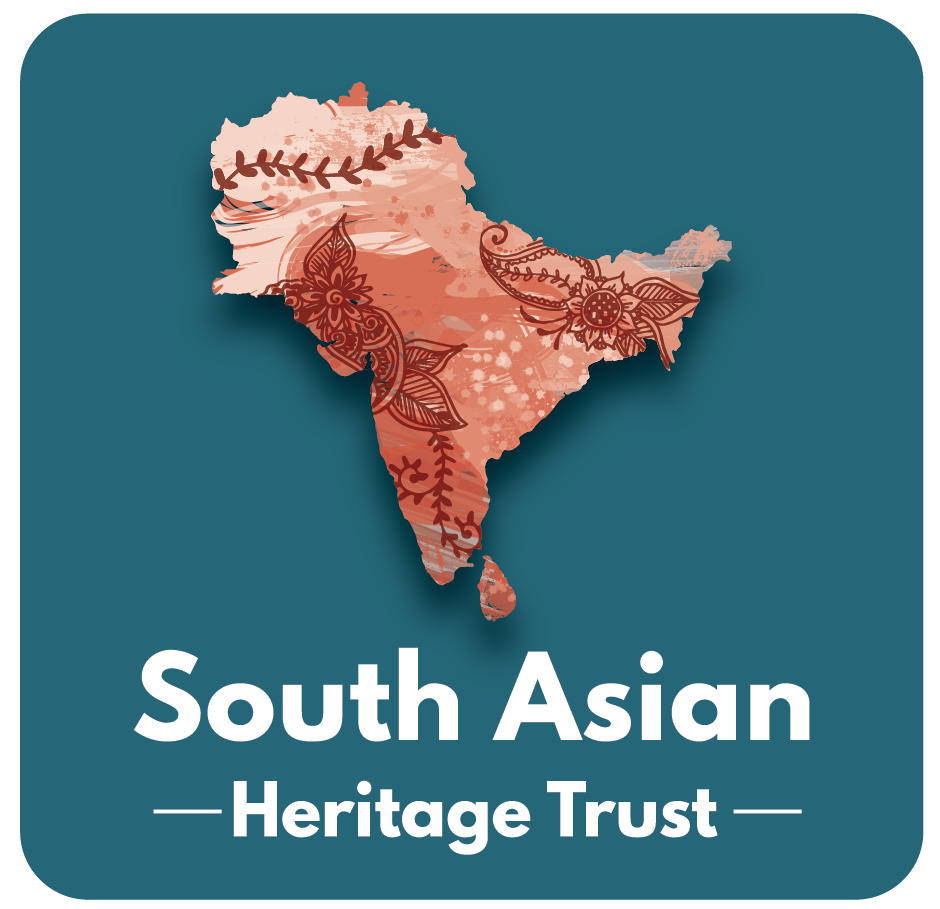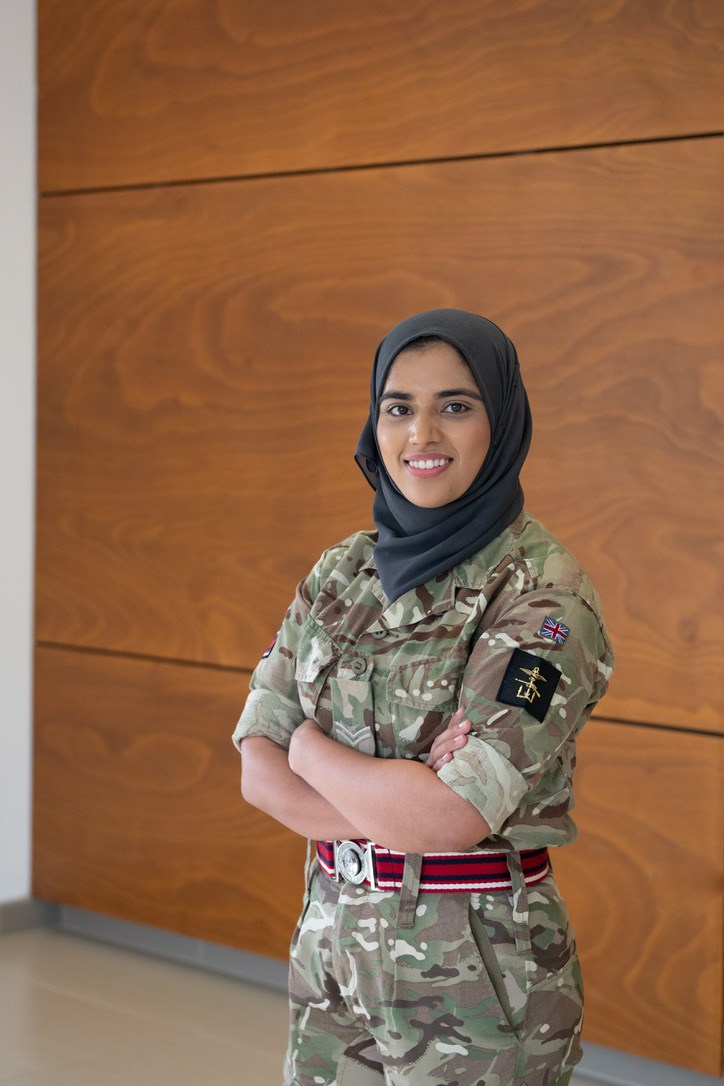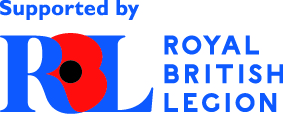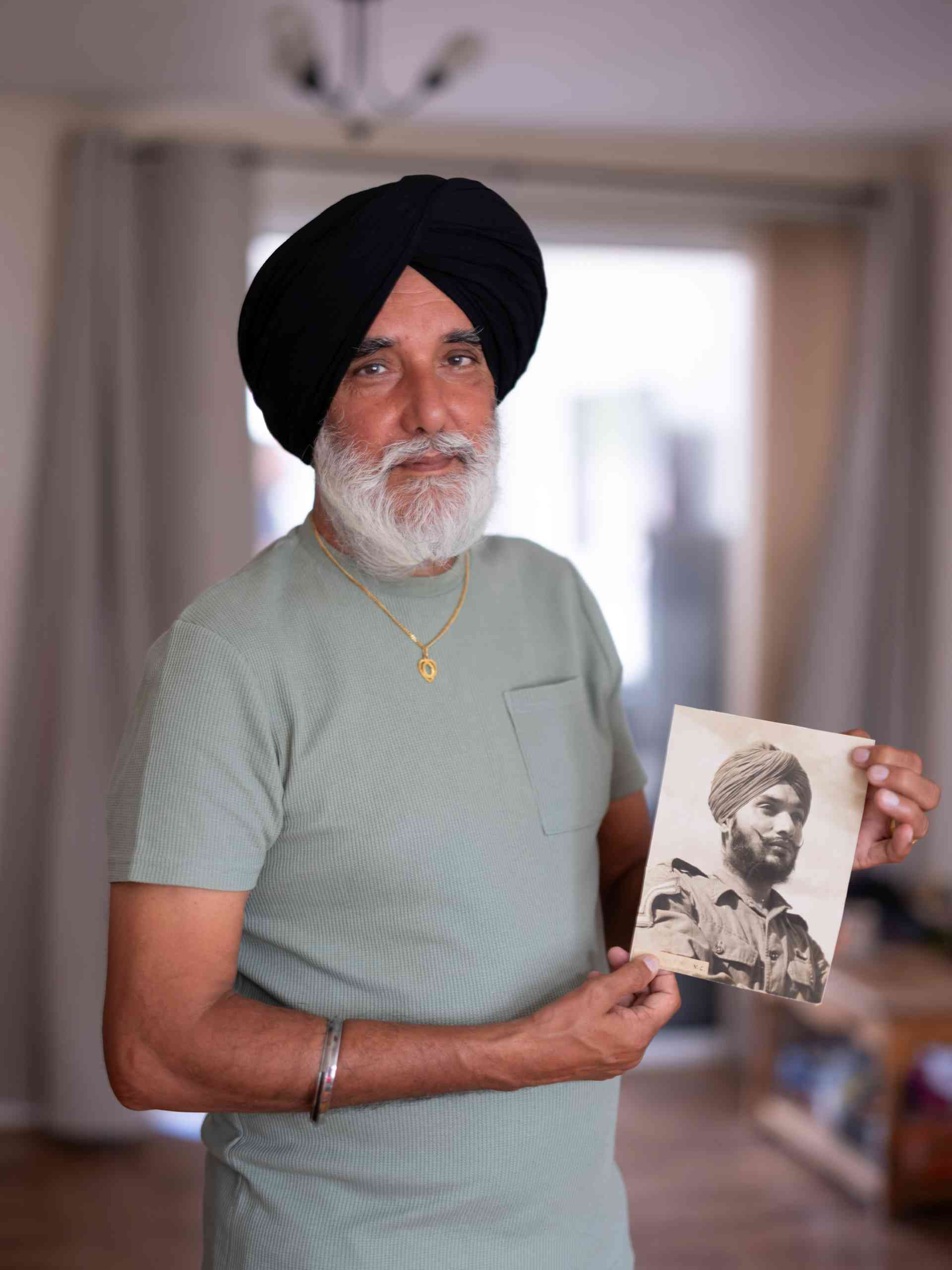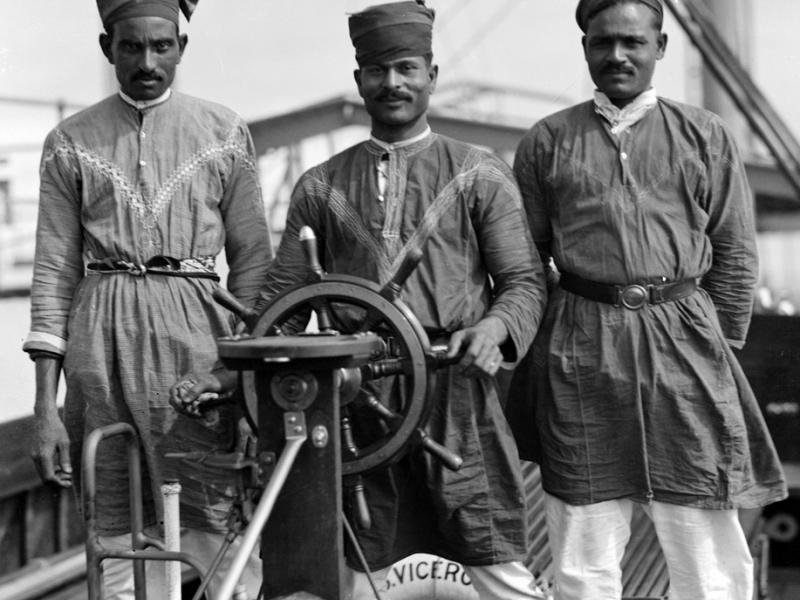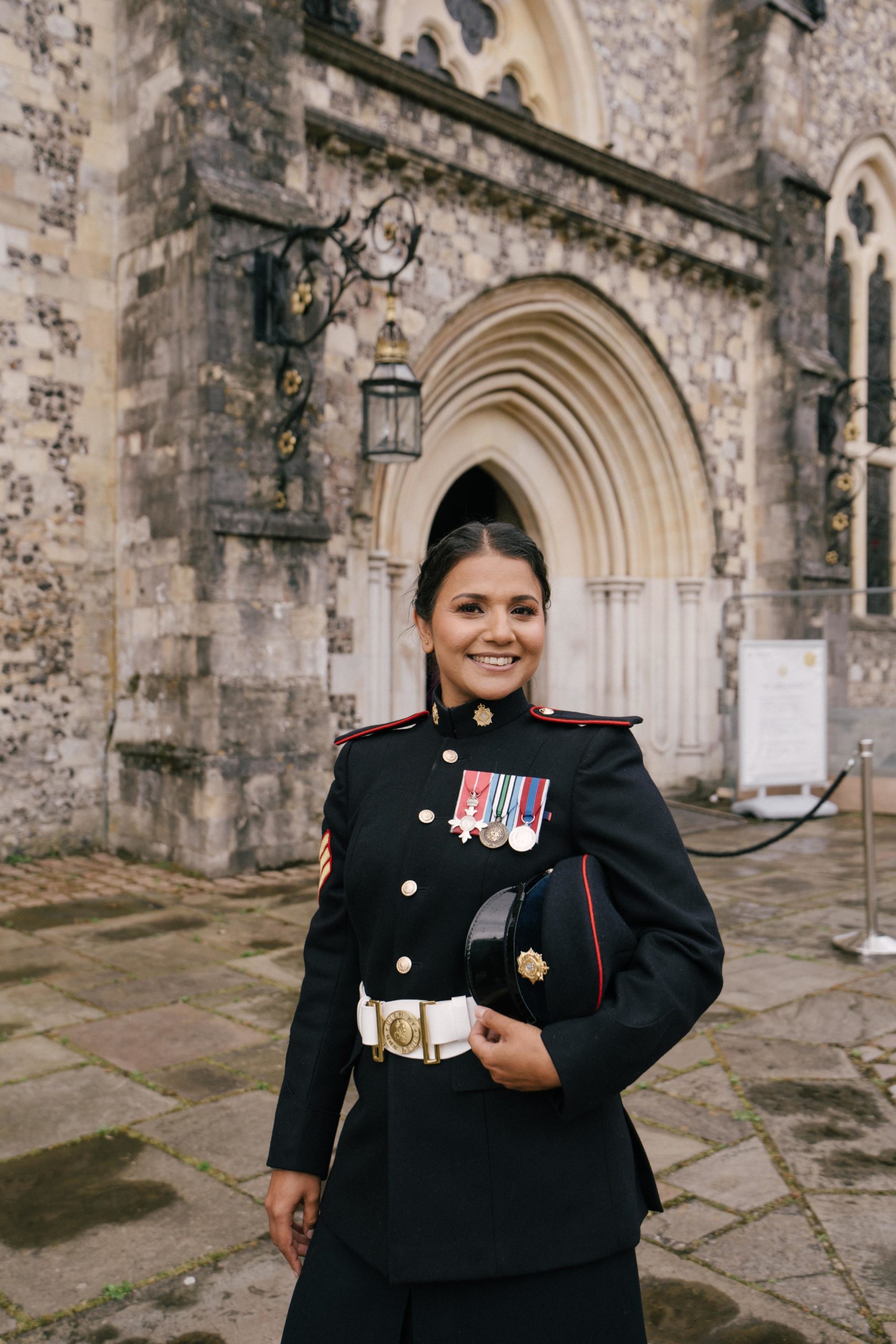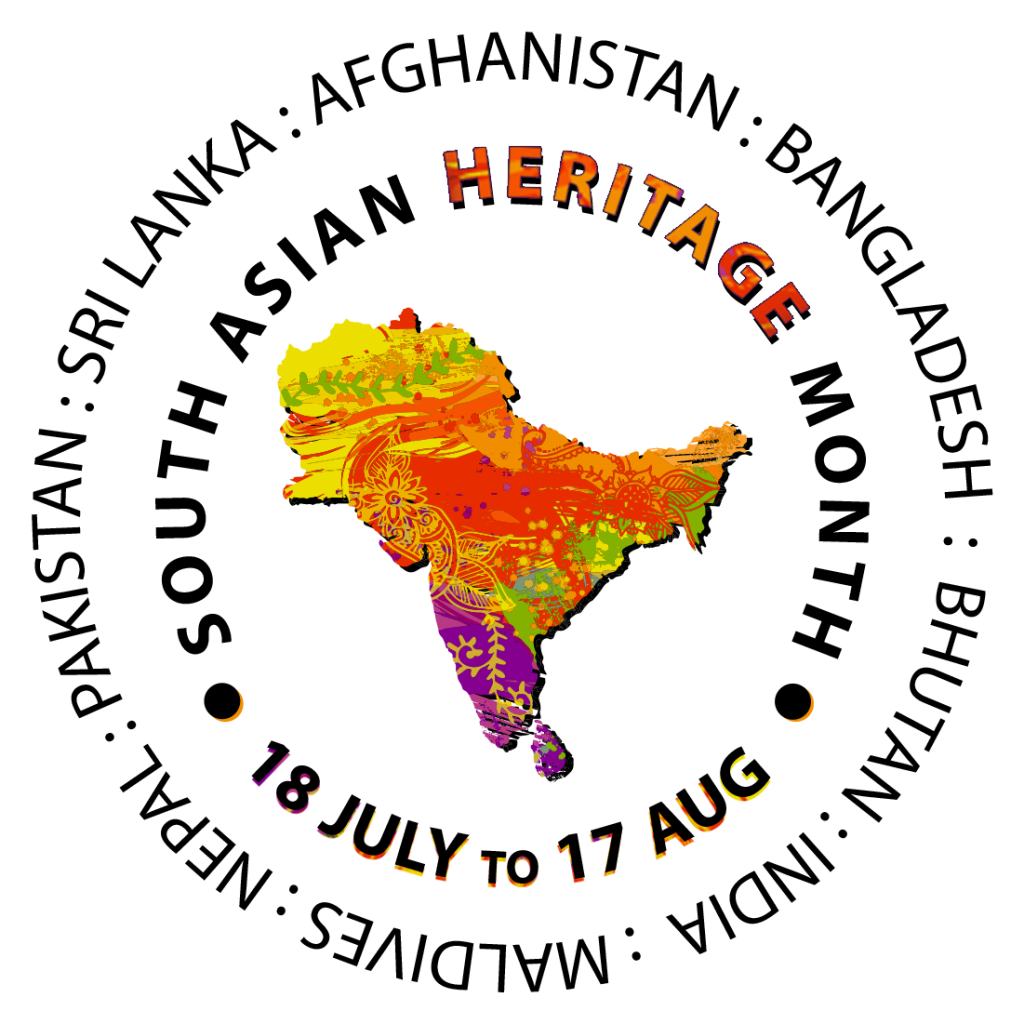“During my childhood, my mother ensured that I learned our native language. She always said colloquially, ‘Iqra, your tongue carries a legacy; never forget that.’ Today, I spend so much time speaking in English that sometimes I miss speaking Urdu,” she recalls fondly. However, accessing education in Pakistan posed significant challenges. “Coming from a place where education is not universal, I am very passionate about seizing any opportunity to educate myself,” she adds.
At the age of 10, Iqra moved to the UK with her family, a transition filled with both opportunities and challenges. The cultural shift was profound, from navigating the cold winters to overcoming language barriers. “Communication was a huge barrier, and school wasn’t always the best experience,” Iqra admits. “I was bullied for my accent and felt very insecure, but in my early adulthood, I started to embrace my cultural identity as I reminded myself of the legacy my mother gave me.” With her mother’s support, who insisted on preserving their linguistic heritage at home, Iqra dedicated herself to mastering English, even spending a summer homeschooling herself with the help of YouTube.
Iqra’s path to the military began with a spark of curiosity ignited by an encounter with an Army recruiter. “I have always known that I wanted to be a nurse, but I also wanted something more,” she reflects. The sight of the recruiter in uniform set her on a path uncommon in her community.
Growing up in a South Asian family, this path was not straightforward. She recalls the strong influence of her mentor, who mentioned the values of the British Army—integrity, respect, courage, loyalty, and commitment—values she recognised from her upbringing by her mother, whom she affectionately calls “Ammi.”
The theme ‘Free to Be Me’ resonates deeply with Iqra’s personal journey. “She doesn’t have to live a life dictated by societal rules that she doesn’t agree with,” Iqra asserts, emphasising the importance of women having the freedom to chart their own paths. Her journey involved sneaking out at 3 a.m. to practice running. “I think for me it means you don’t have to fit the box or be the best; you can be unique, and that is your power,” she adds.
Iqra’s entry into the Army was not without its challenges, particularly as a woman who wears the Hijab. She vividly remembers the initial reactions to her presence and how people would notice her Hijab before her capabilities. However, she did not let this define her. Instead, she embraced her identity fully, balancing her cultural and religious practices with her military duties. She recalls the initial struggle to find a private space for prayer and the gradual acceptance she gained as both a competent Army Nurse and a proud Hijab-wearing Muslim woman.
“I had to educate people,” she recalls, explaining the misconceptions she faced. “Just because I wear a Hijab doesn’t mean I’m not competent.” Joining the British Army as a Hijab-wearing Muslim woman required her to break stereotypes and educate those around her about her faith. ” Some may perceive the hijab as an accessory. To me, it signifies devotion to faith”
Despite the initial struggles, Iqra found support from inspirational females she met in her career. She became a Combat Medical Technician and later completed a three-year nursing degree to become a military nurse and is currently working at Joint Hospital Group South East.
Remembrance holds a special place in Iqra’s heart, both as a value instilled by her military career and as a personal commitment. She passionately believes in learning from the past and honouring those who have paved the way. “It is incumbent on us to keep striving for knowledge and finding better ways of doing things, we owe this to generations to come’” she says, highlighting the importance of passing down lessons and legacies. Iqra actively participates in remembrance events, recognizing the contributions of soldiers from diverse backgrounds, including Muslims who played a pivotal role in shaping the UK’s history. She believes that remembering these contributions is crucial for healing and educating future generations.
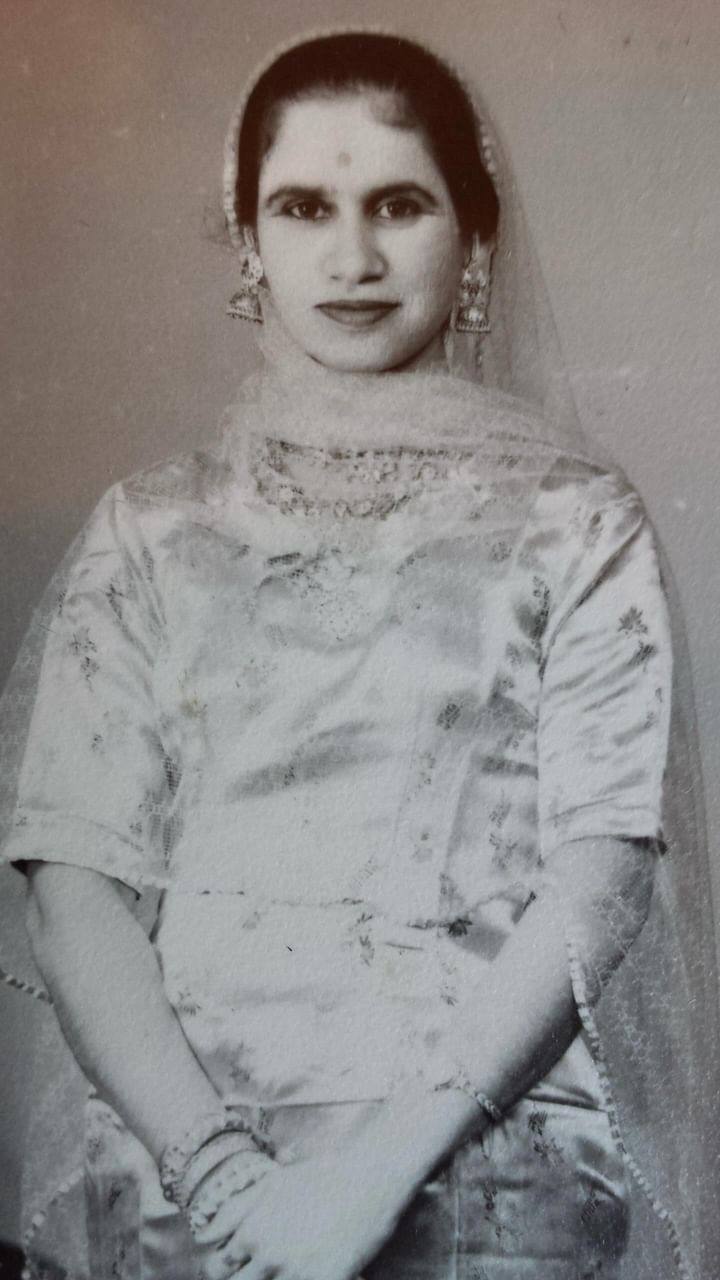
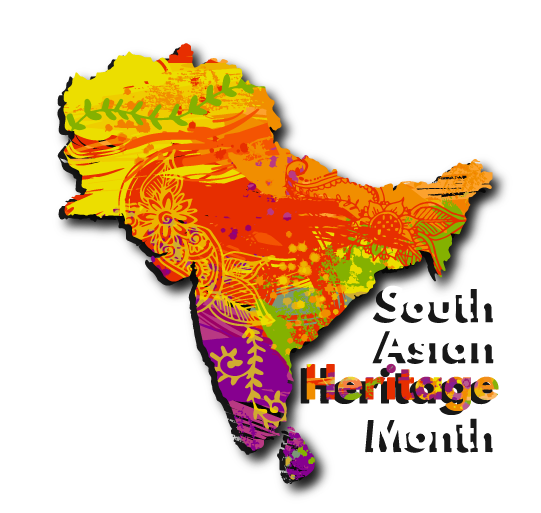 South Asian Heritage Month dates changed to "July" from 2026 — Learn more here →
South Asian Heritage Month dates changed to "July" from 2026 — Learn more here →
